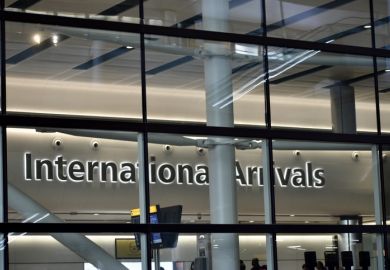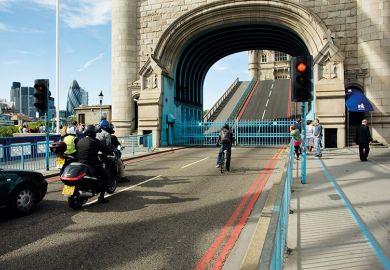An inquiry by the House of Commons science and technology select committee found “substantial weaknesses” in the programme, which was launched last June and designed to flag up the threats, risks, emerging issues and opportunities of the future.
MPs criticised the fact that views from outside government are not heard at the new hub of cross-departmental horizon scanning, which is located in the Cabinet Office.
Andrew Miller, chair of the science and technology committee, said: “Horizon scanning is currently trendy in Whitehall, but, as it stands, the new programme is little more than an echo chamber for government views.”
He explained that new bodies created for the job “consist entirely” of civil servants “effectively excluding the vast pool of expertise that exists outside of government”.
Mr Miller, Labour MP for Ellesmere Port and Neston, said: “It is impossible to predict the future. But if we are to attempt to imagine its possibilities we need to incorporate a wide range of perspectives and open our hypotheses up to challenge.”
The Government Office for Science played only a “marginal role” in the new programme despite its experience in the area, said Mr Miller.
Other criticisms included poor planning, and a lack clear ministerial oversight, transparency and web presence to keep those interested up to date.




